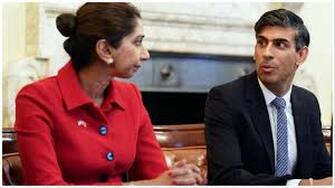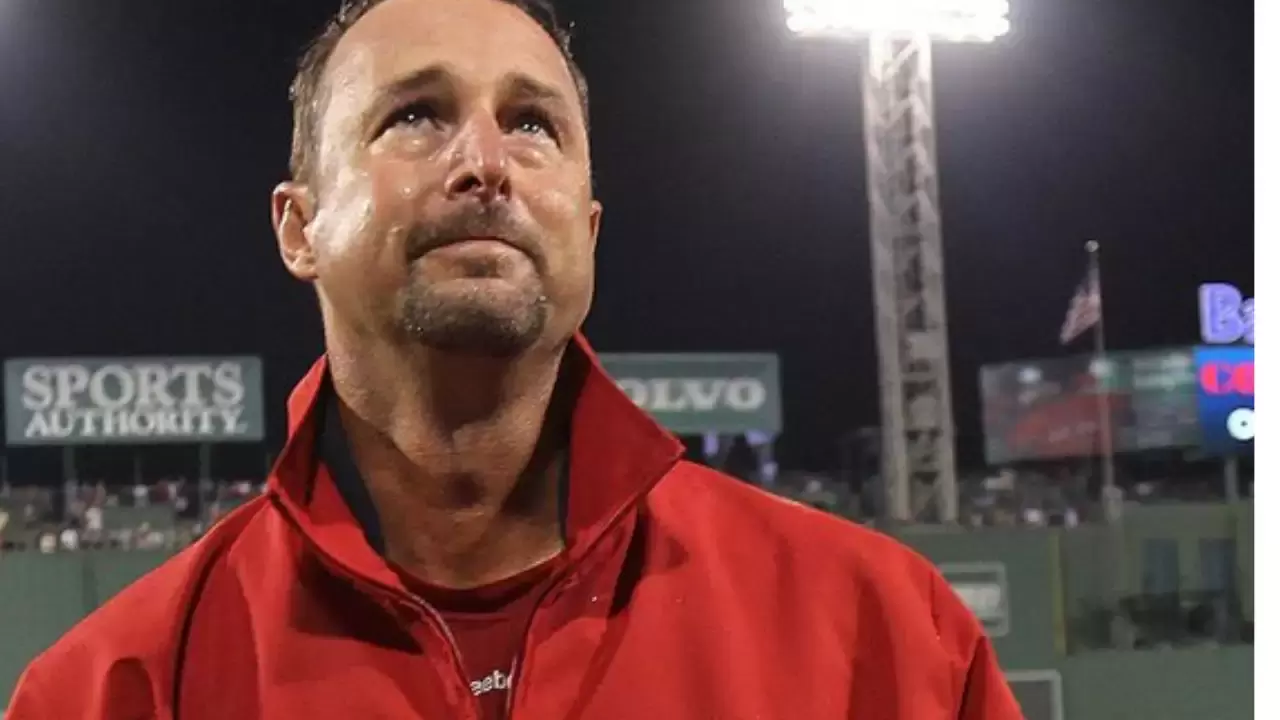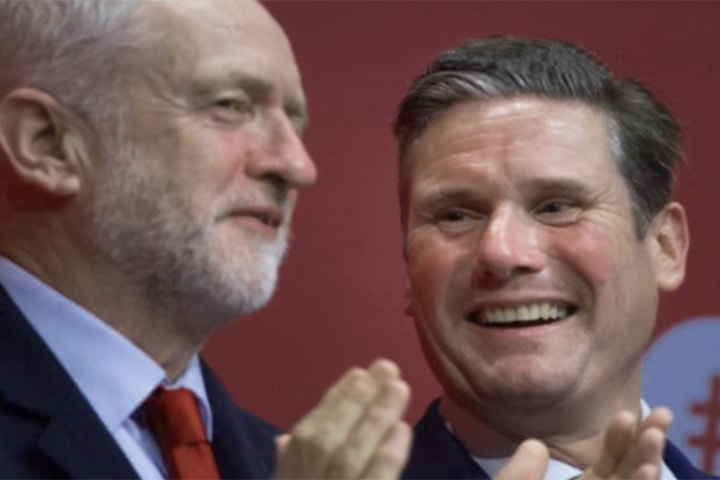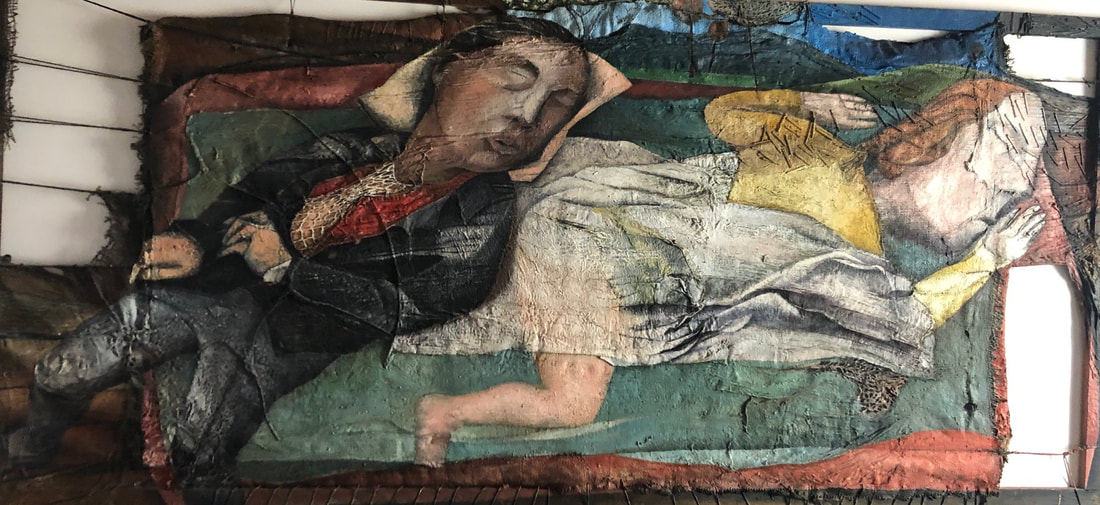I do not expect my councillors to be Nobel prize winners or postgraduate alumni from top universities. I do not look to them for their rhetorical and oratorical skills. I do not even ask for them to share my political views.
But I do require, as a minimum standard, the qualities of competence and compassion, intelligence and common sense.
To watch the video of the Children and Young People Overview and Scrutiny Committee is to be appalled not merely by the ignorance of the specific comments but also by the standard of the discussion as a whole.
As it happens, I have also been watching the video recording of the Planning Committee of the Warwick District Council at work. Specifically, I have been watching our councillors decide whether or not to allow Taylor Wimpey to amend the original development proposals and thus require the installation of “temporary” traffic lights on an already busy road for a year or more.
This is not the small matter of a minor and occasional inconvenience. There are only two means of access and egress and both are effectively blocked by long tailbacks morning, evening and frequently throughout the day.
The “temporary” traffic lights which make moving from our home to … well, anywhere really, are not the problem. They are the symptom of the problem.
And that problem is Warwickshire District Council and its planning committee.
Back in 2019, the 5th of November to be precise, the proposal to approve the new development was put to the committee by the officers.
After a discussion in which the vast majority of councillors expressed serious disquiet, it was proposed to approve the officers’ recommendations.
The proposer? The Conservative Councillor Sukhi Sanghera.
Remember this is the evening of the 5th of November.
That same day, the 5th of November, The Insolvency Service had issued a press release announcing the extension of restrictions on Sanghera.
Bizarrely, the Council itself (on the 8th) claimed that it had become aware of the decision from the press release but not until the 6th. So did this validate the involvement of Sanghera in the decision-making?
Not really, because he had been disqualified from being a member effective from 15 August 2019.
But even a proposal as flimsy as this needs a seconder. At this point, there is a pause. The chair, Councillor Boad, informed the committee, none of whom was minded to get involved, that if he didn’t get a seconder, they would all “be there all night”.
At which point, the recording has Councillor Kennedy, a novice Green elected six months previously, formally seconded - with the rider that he didn’t know what he was doing!
And that is how this insane development got the go-ahead, with a proposal from a councillor who was sitting illegally and was subsequently jailed.
Today from the everysmith vaults: 60 years or so ago I was a frequent but irregular visitor to Les Cousins, a folk and blues club which hosted many of the greats of the folk and blues world as well as many just starting out. A recent 3 CD release - the soundtrack of Soho's legendary folk and blues club - includes tunes from pretty much everyone who ever played in that basement. I commend it to you.















 RSS Feed
RSS Feed